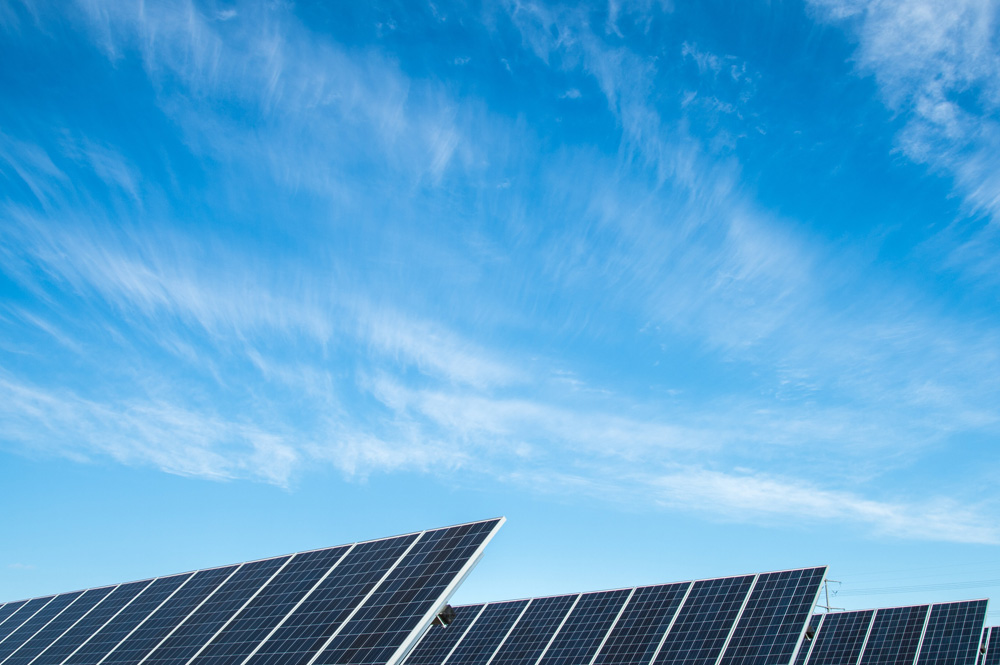Development of Decentralised Energy and Storage Systems in the UK
A KPMG Report for the REA
Executive summary
This report has been prepared by KPMG LLP at the request of the Renewable Energy Association
(REA). The report assesses the key trends relating to the development of decentralised energy and
storage, the key benefits, and the barriers to its introduction. It sets out some potential opportunities
for the deployment of decentralised energy systems, using a number of decentralised energy
scenarios. We identify some policy and regulatory measures that could assist the efficient
development of decentralised energy, as part of a potential implementation strategy.
The cost of decentralised energy technologies is falling rapidly. Recent technology innovation and
production enhancements mean that the costs of solar power and wind power are falling. The
greatest cost reduction has been experienced by solar, and some forms of energy storage are
expected to follow a similar cost reduction path. With tools for customers to manage their energy
use, decentralised energy systems could help lower energy costs for consumers, and contribute to
decarbonisation and security of supply objectives.
For example, when solar photovoltaic (PV), storage and energy demand management are combined
into decentralised energy systems, they offer the potential for greater benefits to be realised. Such
integration of other energy components such as electric vehicles, heat pumps or Combined Heat and
Power (CHP) may be realised at a domestic, business, or local level. Decentralised energy solutions
are likely to have an increasingly important role to play in the national energy landscape, especially if
they become more commercially attractive to consumers and businesses than their current energy
services.
The continued growth of decentralised energy solutions may potentially transform the GB energy
industry from a national energy market administered by government, regulator and utilities, to where
this encompasses a new market where local integrated energy solutions are determined by
consumers, businesses and communities. This is already underway, fuelled by the rapid penetration
of distributed solar PV. A further boost to decentralised energy markets could occur if storage
installations become more economic and can be effectively integrated into the energy system.
However, uncertainty surrounds how these new solutions may participate in energy markets,
particularly in combination. Existing energy market rules and regulations have been largely created
with large scale generation in mind and are complex for smaller participants. While work to enable the
growth of this new complementary market sector is in progress, barriers still exist. Enabling new
distributed energy and storage to participate in existing energy markets should allow benefits to be
realised, and offer a ‘no regrets’ approach. Clear market rules and innovation incentives should help
new technologies make the difficult jump from pilot projects to commercial operation.

